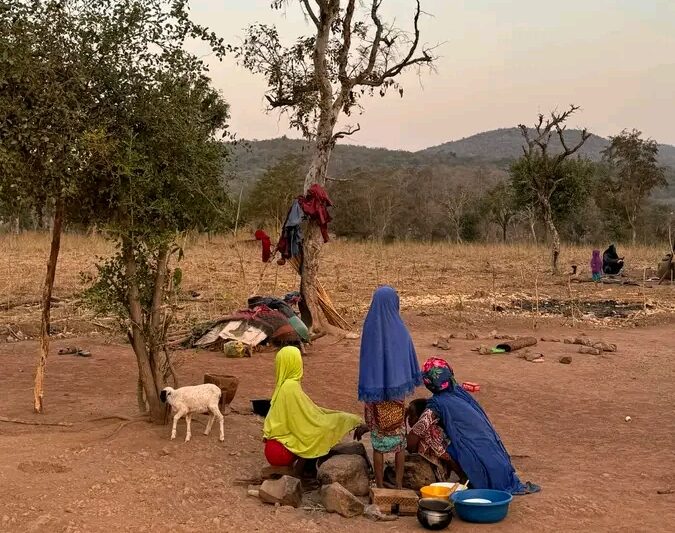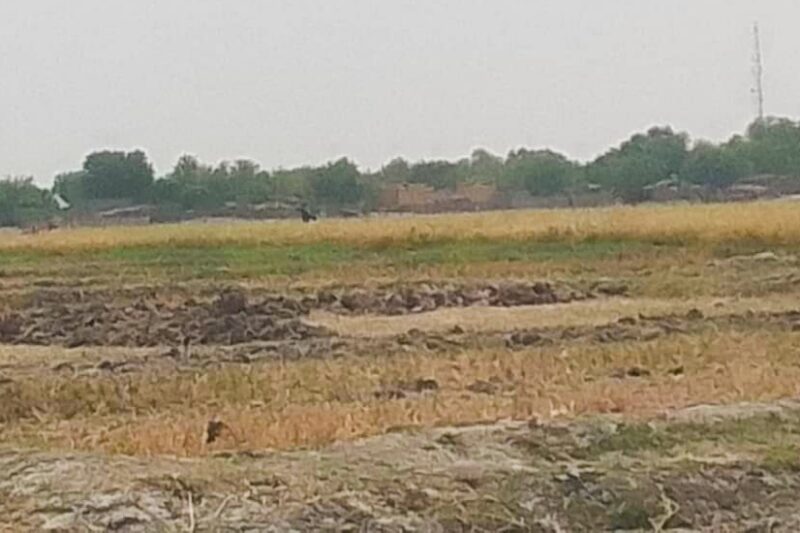An improvised explosive device (IED) killed one man and severely wounded seven people who were drinking in a pub in the Abasha area in Gashua, the headquarters of the Bade Local Government Area of Yobe State, on Sunday, April 24.
The IED, believed to have been planted by members of the Islamic State West Africa Province (ISWAP), detonated at about 8pm. Several residents were drinking at the pub in a relaxation centre.
The blast was heard in many parts of the community, which forced residents to run for safety but they did not flee from the town.
The relaxation centre or bar, owned by a non-Muslim, is mostly used by non-Muslims. However, it was thought that because the explosion occurred at night, there might have been some Muslims there too.
A witness, who asked to remain anonymous, told RNI that one man was killed instantly and three men and four women were severely wounded and were being treated in hospital.
“It was not a suicide bomber. The bomb had been planted in the drinking establishment, which is in a house popularly known as Gidan Amariya, where alcohol is known to be sold.”
Assistant Superintendent Dungus Abdulkarim, the police public relations officer of the Yobe State Command, said they were still investigating the bomb blasts that occurred in Gashua and, before that in Geidam, to find out whether sophisticated or locally made devices were used.
“For now all bars in the area are closed. Other pubs might also face closure. This is because of the frequent attacks on pubs in the state,” he said.
Maina Bare, a public affairs analyst, told RNI that ISWAP seemed to be adopting tactics initially used by the Jamā’at Ahl as-Sunnah lid-Da’way Wa’l-Jihād (JAS), better known as Boko Haram, to gain more power and attention. Targets were mainly government institutions, top government officials, such as civil servants, as well as public gatherings, such as clubs, drinking joints or relaxation centres.
“Sometimes, they attack these places to divert the attention of the military. If you go back in time, you will see that when Boko Haram began their attacks, they centred on pub joints or relaxation centres and top government officials, such as civil servants, before gradually beginning to raid communities, killing innocent people and destroying property.
“It looks as if this is exactly what ISWAP is doing now. It is adopting and using the initial tactics of Boko Haram to gain more power, maybe hoping it will conquer territories where it can establish its own laws. The group has not attacked pubs or relaxation centres before. The change in tactics is most likely a ploy to divert the attention of the security operatives, so that they can attack other targets, such as communities and military bases, without there being much pressure from the government’s forces,” Bare said.
The attack on the pub follows closely on a similar one that occurred in the rural community of Iware in Taraba State on Tuesday, April 19. Initial reports said five people had been killed and 19 wounded in a beer hall in a crowded market.
But, on April 21, Reuters reported that ISWAP had claimed responsibility for the Iware explosion that had, in fact, killed or wounded more than 30 people at the market where alcohol was sold.
It said that ISWAP had announced on a messaging channel that the attack had struck “a gathering of infidel Christians” and it had expressed satisfaction that the drinking spot had been damaged.
Although the government has said previously that attacks by insurgents were on the decline in the northeast of the country, reports from these areas seem to suggest the opposite, particularly in the Lake Chad region in the border areas with Cameroon, Chad and Niger.
- ISWAP, an offshoot of the JAS, is primarily active in the Lake Chad Basin. It is the umbrella organisation for all IS factions in West Africa, including the Islamic State in the Greater Sahara (IS-GS), although the ties between ISWAP and IS-GS are limited and not that strong.
ISWAP is officially termed “Wilāyat Garb Ifrīqīyā”, an Abrabic word meaning “West African Province”. It is known by a variety of other names, such as IS-WA and ISIS-WA. Since ISWAP formally absorbed IS-GS, it has been differentiated by experts into two branches, ISWAP-Lake Chad and ISWAP-Greater Sahara.
ISWAP now consistently operates in the northeast region, particularly in northern Borno State, but also in the Yobe and Taraba states.
Shettima Lawan Monguno








